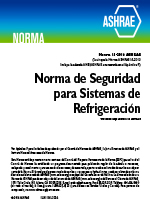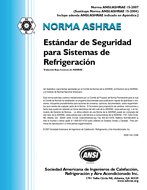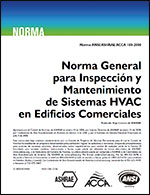Description
Shortly after Seattle-First National Bank occupied their quarters in their new 50-story building, the adverse conditions brought about by the stack effect within the building were observed. This was in the winter of 1969/70. At the same time, tests were made of the smoke shaft which was designed to protect the vestibule and Stairwell #1. It was found that the action of the smoke shaft not only did not protect the stairwell but contributed in large measure to the migration of smoke throughout the building. To some extent, this was predictable from experimental work conducted in Canada. In an effort to counteract the stack effect, utilization was made of an existing fan in the 48th floor mechanical room to explore the possibilities of pressurizing the elevator shafts and to determine to what extent this approach would be successful. Before these tests could be completed, the results of which were negative, the Board of Underwriters’ report on the New York Plaza I fire became public. A complete reassessment of the construction and safety of the building was made for the obvious deficiencies indicated for buildings constructed during this period (1964-68). Management was appraised of the situation, and authorization was received to pursue a program leading to the minimization and/or elimination of the deficiencies as they were known to occur.
Product Details
- Published:
- 1975
- Number of Pages:
- 19
- File Size:
- 1 file , 1 MB
- Product Code(s):
- D-AC-75-01-3
- Note:
- This product is unavailable in Russia, Belarus




